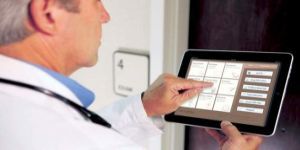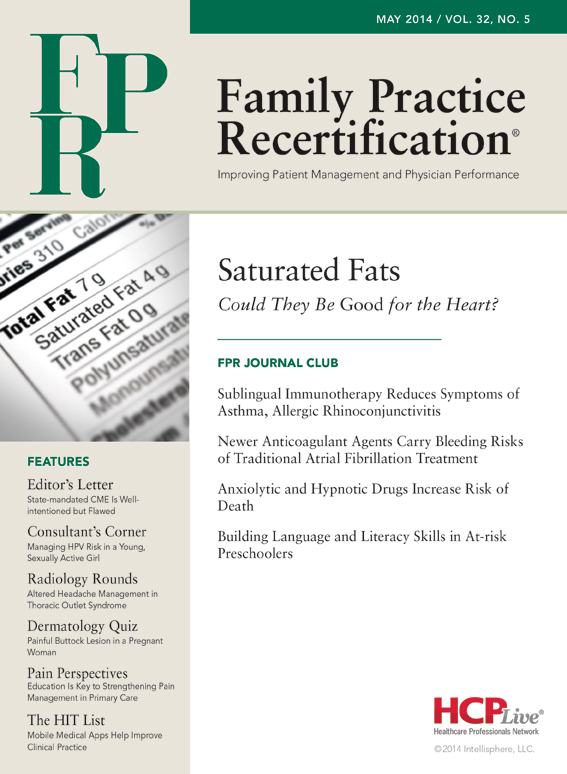Publication
Article
Family Practice Recertification
Mobile Medical Apps Help Improve Clinical Practice
Author(s):
Given the well-known popularity of mobile medical apps among physicians and doctors-in-training alike, new research has gauged the lesser-known impact of the apps on clinical practice.

Given the well-known popularity of mobile medical apps among physicians and doctors-in-training alike, new research published in the latest issue of the Journal of Mobile Technology in Medicine has gauged the lesser-known impact of the apps on clinical practice.
For the study, Kwee Choy Koh, MMed, MBBS, and a team of third-year clinical medical students from the International Medical University in Malaysia, surveyed all 169 first-year students at the university on their use and perceptions toward mobile apps in their medical seminars and clinical sessions.
Through a 4-part anonymous questionnaire, the authors gathered and assessed data on the students’ “frequency and purpose of medical apps usage (and) belief regarding medical apps, chiefly in comparing medical apps to traditional sources of medical knowledge such as medical textbooks,” as well as their “perception regarding medical apps, the impact of medical apps on clinical practice, and the characteristics of an ideal medical app.”
Just as the researchers expected, there was extremely high prevalence of both smart device ownership and medical app downloading among the 155 students who completed the questionnaire, given that 136 (88%) of them reported owning a smart device, while 119 (87.5%) had devices with medical apps — the most popular of which were Medscape (89.1%), Skyscape (44.5%), and DynaMed (37.8%). In terms of usage, roughly half of the students with medical apps installed on their smart devices utilized them at least once a day, mostly with the purpose “to look up medical information (93.3%), during ward rounds (68.9%), and during revision (44.5%),” the authors found.
After analyzing the students’ responses to questions concerning their opinions of medical apps, Koh and colleagues determined the majority “perceived medical apps as essential tools for medical undergraduate studies and felt that all medical students should own a smart device and use medical apps installed on their devices.” Moreover, the survey responders indicated their mobile medical apps “helped improve their clinical decision making (and) saved time” by:
- Providing faster access to national clinical practice guidelines and evidence-based medical practice
- Offering common laboratory reference values
- Assisting in making differential diagnoses
- Enabling rapid routes to reliable sources of clinical information and clinical skills
- Facilitating accurate medicine dosage calculations
Although the first-year students believed medical apps could supplement their medical books — especially at point-of-care — they had mixed responses on whether the quality of medical apps is equal or inferior to textbooks, so they felt the apps could not fully replace their books.
Alarmingly, the medical students seemed unconcerned about the potential breach of patient confidentially when using mobile apps for patient care, even though several previous studies have shed light on such dangers. In fact, Koh and colleagues said, “the one criteria which the students did not consider to be important in an ideal medical app is the potential compromise of patient privacy.”
Reacting to the respondents’ indifference on the issue of patient confidentiality, the researchers recommended “efforts should be made to address this apparent apathy among medical students to raise their awareness of the potential perils of using medical apps, as well as to train them to use medical apps judiciously and wisely.”
“Medical schools should encourage the use of medical apps among medical students with strategies put in place to safeguard patient confidentiality,” the study authors concluded.






